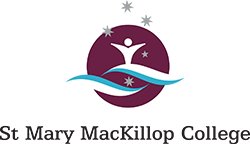Child Safe Framework
The wellbeing and safety of all students is the highest priority for Catholic schools. At St Mary MacKillop College we are committed to child safety and leading and supporting a child safe culture for all our College and community.
Introduction to The Child Safe Framework
The Child Safe Framework at MacKillop
Catholic Education Western Australia (CEWA) Child Safe Framework comprises nine elements that together help our students and children to be and feel safe. St Mary MacKillop College promotes justice, particularly to those who are culturally, physically, intellectually, financially or spiritually disadvantaged.
| Element | Focus | What this looks like at MacKillop |
|---|---|---|
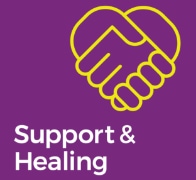 |
Responding to those who have been injured or hurt through abuse and harm, and assisting them to heal. |
|
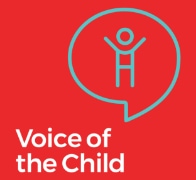 |
This element recognises each child and young person’s right to be heard and to have a voice in all that happens to them. |
|
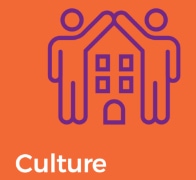 |
School leaders understand, create and promote environments that are safe, supportive and engaging. They make their decisions based on the best interests of children and young people. |
|
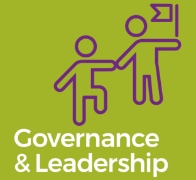 |
All members of the school community share a responsibility for, and actively promote an environment that prioritises the best interests of children and young people. |
|
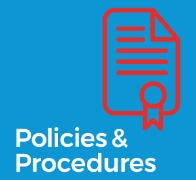 |
These assist our schools and care centres to identify the most suitable people to work with children and young people and to provide appropriate training. |
|
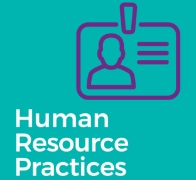 |
Structures and processes that are accessible, consistent and transparent. Policies must be understood, implemented and actioned every day. |
|
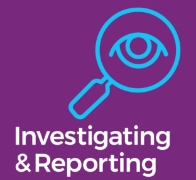 |
The development and implementation of processes, starting with the effective management of complaints and concerns, that are transparent, fair and clearly understood by the community. |
|
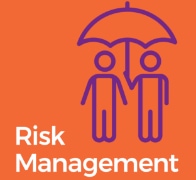 |
Proactively identifying and limiting potential risks in physical and online environments. |
|
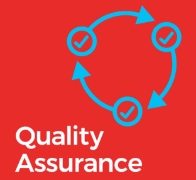 |
Systematic, continual improvement is evident through ongoing evaluation and assessment. |
|
Situational Prevention
Situational prevention seeks to reduce opportunities for behaviour that presents risk to students.
At St Mary MacKillop College we enact a Code of Conduct that promotes positive work practices and establishes expectations for personal and professional boundaries concerning appropriate and inappropriate behaviour for staff, students, volunteers, parents and guardians, and visitors. There are clear procedures for raising concerns, facilitating discussion, and promoting professional behaviours and healthy relationships.
Our College meets registration standards and other compliance obligations, including Mandatory Reporting, Codes of Conduct for staff and students, protective behaviours curriculum, training for staff and students, and information for parents and carers.
We lead and support a mindset and practice of modelling healthy and respectful relationships to prevent problem behaviours and abuse.
The Catholic Education Western Australia Child Safe Framework is based on the latest research in child safety for institutions, is in support of best practice, and is consistent with the Royal Commission into Institutional Responses to Child Sexual Abuse recommendations.”
